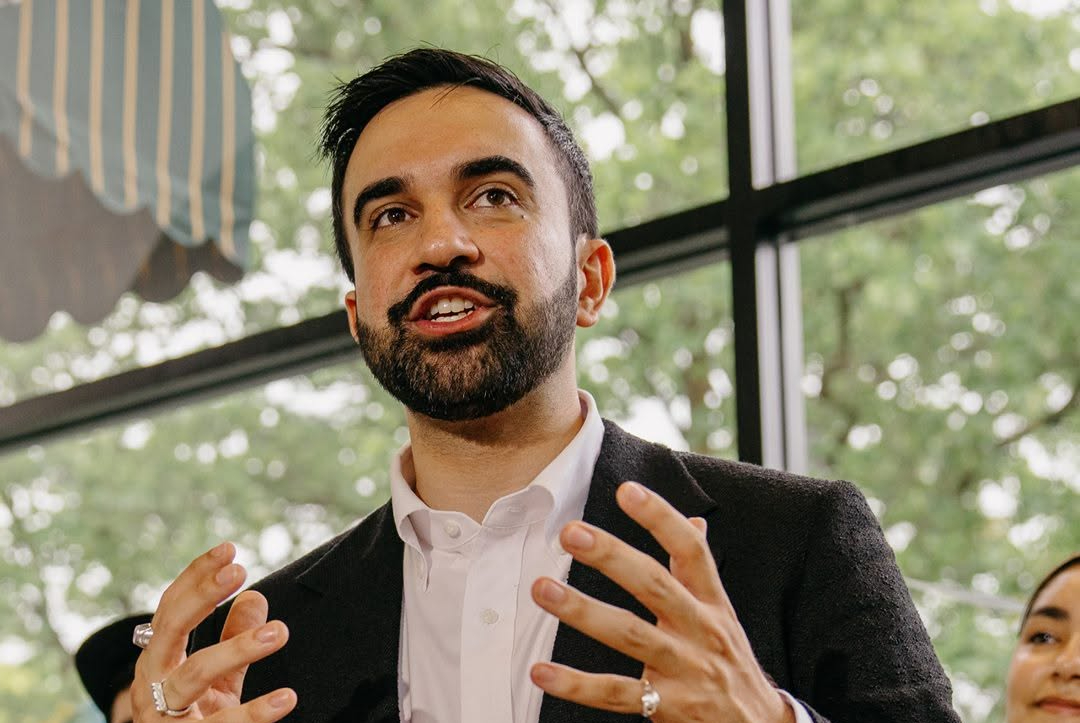Zohran Mamdani: Progressive Front-Runner Shakes Up New York Mayoral Race
Zohran Mamdani, a 34-year-old New York State Assembly member, is leading the 2025 New York City mayoral race with approximately 45% of the projected vote, ahead of independent and Republican candidates. Known for his progressive platform advocating rent freezes, universal childcare, and free public transit funded through taxes on the wealthy, Mamdani is challenging the Democratic establishment and reshaping the city’s political and economic landscape. This article examines his campaign, policy proposals, and potential financial and legal implications.
Zohran Mamdani, a rising star in New York politics, is leading the 2025 mayoral race with a bold progressive agenda that includes rent freezes, universal childcare, and free public transit. This article explores how his proposals could impact New York’s financial, legal, and business environment, and what his ascent means for the Democratic Party and urban economic policy.
A New Face in New York Politics
At 34, Zohran Mamdani has emerged as a dynamic force in New York City politics. A self-described socialist, he currently serves in the New York State Assembly and has quickly gained traction with voters seeking alternatives to centrist Democratic leadership. His grassroots campaign and online strategy have won endorsements from high-profile progressive figures such as Alexandria Ocasio-Cortez and Bernie Sanders.
Campaign Platform: Bold Economic Policies
Mamdani’s policy proposals focus heavily on financial redistribution and affordability. His plans include:
-
Rent freezes to protect tenants in a city where housing costs continue to skyrocket.
-
Universal childcare to support working families and improve workforce participation.
-
Free public buses funded through taxes on the wealthy and corporations, reflecting a progressive approach to urban finance.
Economist Dr. Rachel Silverman explains, “If implemented, these policies could significantly reshape New York’s municipal budget and corporate taxation landscape, forcing a recalibration of both private investment incentives and city spending priorities.”
Legal and Regulatory Considerations
Implementing Mamdani’s proposals would require navigating state-level legal frameworks and potentially facing legal challenges from property owners and corporate entities affected by higher taxes or rent controls.
Urban policy lawyer James Halloran notes, “Any large-scale redistribution program in New York must comply with state constitutional limits on taxation and property rights. Legal strategy will be as critical as financial planning for the success of these initiatives.”
Implications for Business and Urban Economy
Mamdani’s potential mayoralty signals a shift in New York’s business environment. Businesses could face higher operational costs due to proposed taxes, while low-income residents and workers may benefit from increased purchasing power and affordable services.
According to analysis reviewed by CEO Today, these changes could alter commercial real estate valuations, startup growth incentives, and investment patterns across the city.
Challenges and Criticism
Despite strong polling, Mamdani faces scrutiny from centrist Democrats and political analysts who question his youth, executive experience, and socialist policy positions. Additionally, past social media posts and scrutiny over personal housing arrangements have sparked debate about his credibility on economic issues.
The Political Ripple Effect
Mamdani’s rise demonstrates a wider appetite for progressive economic reform within urban electorates. Should he win, New York City may become a testing ground for policies influencing taxation, housing, and public services in other major U.S. cities.
Political strategist Linda Chavez notes, “Mamdani’s ascent is a signal that voter sentiment is shifting toward candidates willing to propose transformative economic policies, which will force traditional parties to rethink strategy and policy priorities.”
Key Takeaways for Business and Finance Leaders
-
Policy shifts impact city budgets and corporate taxation – businesses should anticipate regulatory changes.
-
Urban affordability programs influence workforce dynamics – lower costs may boost productivity and consumer spending.
-
Legal planning is essential – new policies could trigger court challenges affecting business operations.
Progressive platforms can reshape investment patterns – entrepreneurs and investors must evaluate long-term city economic shifts.
FAQ: What Mamdani’s Rise Means for NYC Business and Policy
1. Who is Zohran Mamdani?
Zohran Mamdani is a 34-year-old New York State Assembly member and self-described socialist, currently leading the 2025 NYC mayoral race with a progressive agenda.
2. What are his key policies?
His proposals include rent freezes, universal childcare, and free public transit, funded by taxing wealthy individuals and corporations.
3. How could his election impact businesses and the city’s economy?
If elected, Mamdani’s policies could reshape corporate taxation, influence real estate values, and alter urban workforce dynamics, creating both challenges and opportunities for businesses.














